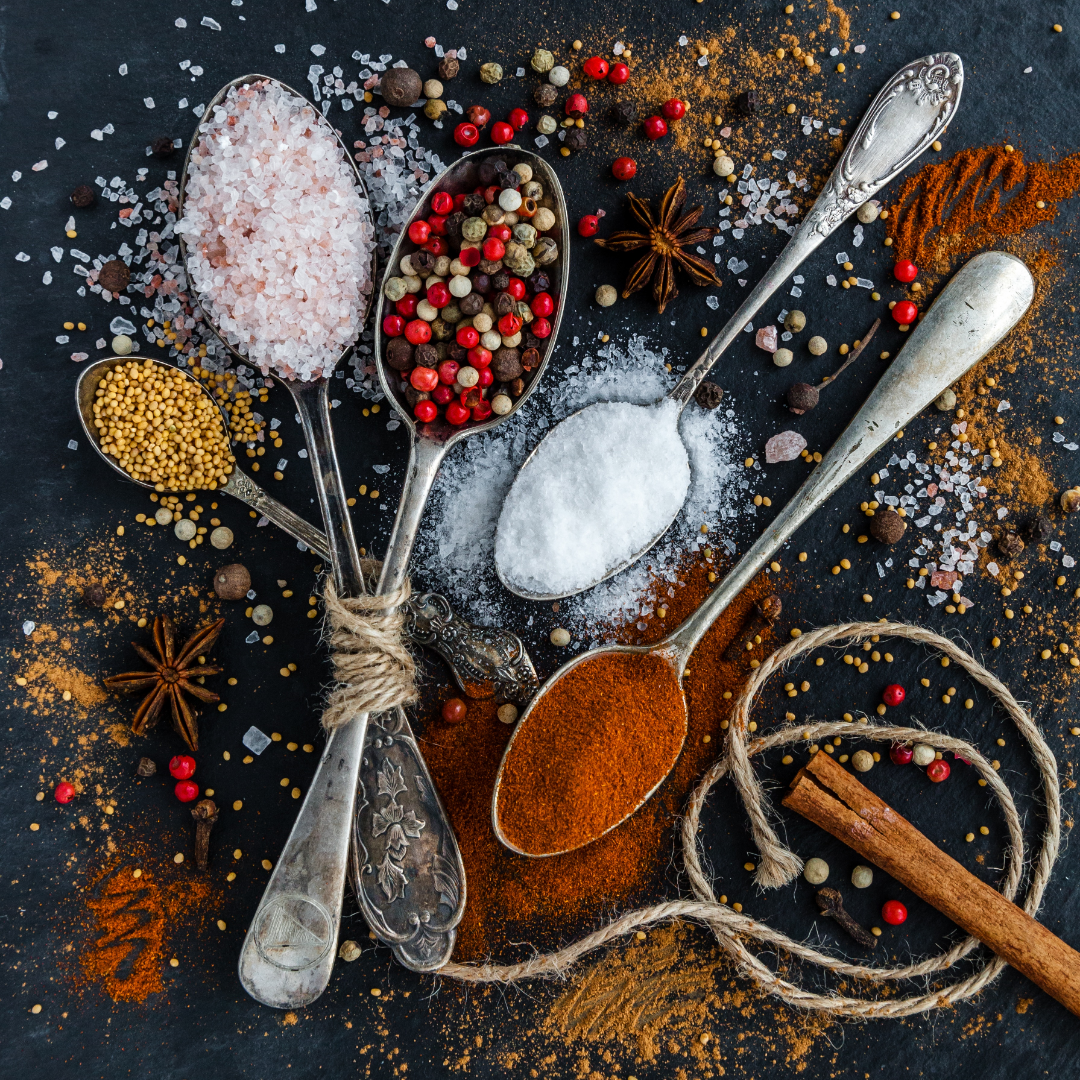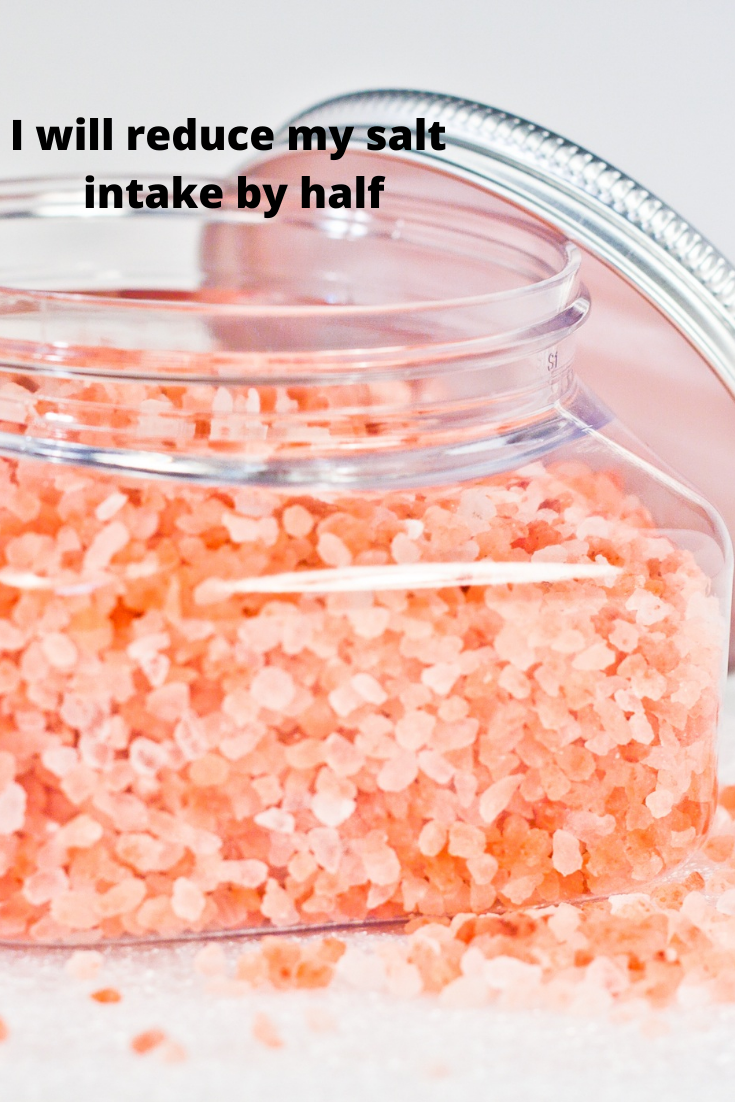How A Reduction In Salt Intake Could Save Millions?
Salt has served humankind as the number one preservative and flavouring agent for thousands of years. It is also a texture enhancer. If salt has served us for this length of time, why are we having this conversation about reducing salt intake?
According to the world health organization, an estimated 1.13 billion persons worldwide have hypertension. It is considered a leading cause of premature deaths worldwide accounting for about 7.5 million deaths every year. What makes it even more disturbing is that signs and symptoms are not noticeable, and a person may live with it for years without knowing, but the result could be devastating. No wonder it has been dubbed a silent killer.
As you will agree, anything that takes over 7 million lives every year is what considering. High consumption of salt has been linked to this disturbing statistics. Other factors include being overweight, high caffeine intake, physical inactivity, eating food high in saturated and trans-fat, high cholesterol, consumption of tobacco and excessive use of alcohol. And for some, it could be hereditary, but a healthy diet can help.
For this post, I will talk on one of the risk factors, salt.
Benefits of Salt

Salt, as we know it, contains sodium and chlorine used to balance body fluids, nerve impulses and muscle contractions. Salt is also a binding agent and a colour enhancer.
What Is The Recommended Daily Salt Intake?
The American Heart Association recommends no more than 2300mg or one teaspoon a day. However, it also says that 1500mg or three-quarters of a teaspoon is the ideal. Many consume twice the recommended ideal of about 3500mg daily!
The very high consumption of salt has contributed to a great extent, the exceptionally high incidence of high blood pressure (hypertension), stroke, heart failure, kidney disease, kidney stones, stomach cancer, osteoporosis to name a few.
Lifestyle changes could save millions annually.
One of these changes is to reduce your salt intake. For many, it could mean cutting salt intake by half.
How Much Is 1500mg Of Salt In Teaspoon?
1500mg of salt is one-third of a teaspoon.
How Much Salt Is 2300mg?
2300mg of salt is just over a teaspoon. Aim to eat less than 2300mg but not more than.
Which Salt Is Best For High Blood Pressure?
Some think getting kosher or Himalayans salt mean they reduce the risk of high blood pressure. Salt is salt as long as it contains sodium, stay withing your recommended limit. However, according to the Blood Pressure UK, low sodium alternatives that contain potassium instead of sodium could lower blood pressure.
What Ethnic Group Has The Highest Rate Of Hypertention?
Research has revealed a higher incidence of high blood pressure in people of African-Carribean origin, than in other races, leading some to conclude that it might be genetic. Making this group more vulnerable and calling for stonger measures to curb this epidemic. One thing we do know, however, is that a high salt intake makes hypertension worse. So, if you belong to this group aim to stay within 1500mg or a third of a teaspoon each day. You need to plan ahead to make this happen.
We may not be able to control our genes, but we can certainly control what we eat. Start the new year by reducing your salt intake to no more than one teaspoon of salt the entire day. For some, that may be a drastic change. Why not start by cutting down to about a third of your present salt intake. Then, slowly work your way to what the recommended.
Steps You Can Take To Reduce Salt Intake

Salt is highly addictive. You might crave salt when it is missing, or lower than usual for you. Meals may taste very bland. However, persist in making small changes every day, and you will win the battle. Try the following:
- Reduce your visits to fast-food restaurants where almost everything is either salty or sugary. Those are the two most common bad lifestyle choices that a lot of us make. Instead of salt-laden foods, plan your meals and make an effort to cook your food. Take control of what goes into your food.
- Rather than add more salt to your meals, use more herbs and spices. Experiment on a variety of them. You will begin to enjoy food more as these flavours combine to improve the taste of your meals.
- Do a visual of salt and the reason you are making this lifestyle change. Paste it on the wall of your kitchen as a constant reminder to you to cook with little or no salt. Remember, you are pursuing a healthy lifestyle that will improve your general well-being and potentially save your life. Take care of yourself so you can take care of the people in your life.
- Consider removing the saltshaker from your dining table. Chances are if it not on your dining table, you won’t sprinkle salt on your food.
Check out herbs and spices you could use to flavour your food below. They are spices that are used extensively on this site and found in many parts of the world.
- Alligator Pepper
- Allspice
- Anise, ground and seed
- Basil
- Bay Leaves
- Black pepper
- Caraway seed
- Cardamom
- Cinnamon
- Cloves, whole and ground
- Coriander, seeds and ground
- Creme of Tartar
- Cumin seeds and ground
- Curry powder
- Dill seeds
- Fennel seed and ground
- Fenugreek seed
- Garlic powder
- Ginger
- Mint leaves
- Mustard seed
- Nutmeg
- Onion powder
- Onion powder
- Oregono
- Paprika
- Peppercorns
- Pepper Soup spices
- Pickling spice
- Poppy seed
- Pumpkin spice
- Rosemary leaves, ground
- Saffron
- Sage
- Sesame seed
- Star Anise
- Tarragon leaves
- Thyme leaves, ground
- Tumeric
Want regular updates on African cuisines and food recipes? What about unique health information about these foods - what to eat and avoid to keep healthy from the list of African recipes available?
Fill in the form below to subscribe to our Newsletter - AfricanFoods Weekly?
Worried about spamming? We are too. We will never ever give or pass on your information to anyone else. We will only use your email address to send you your copy of our weekly newsletter. We do have a zero tolerance to spam. We subscribe to a very strict policy on the handling and use of information we gather on this site! We also get paid for affiliate links on this site. See our privacy policy for further details.
Follow us on social media:
Get Our Weekly Newsletter. Subscribe Today. It's FREE.
Subscribe to African Foods Weekly
Get African food recipes, cooking tips, and healthy eating info delivered to your inbox every week. Simply fill in your email below and click SUBSCRIBE .
(Your information will not be shared)










New! Comments
Have your say about what you just read! Leave me a comment in the box below.